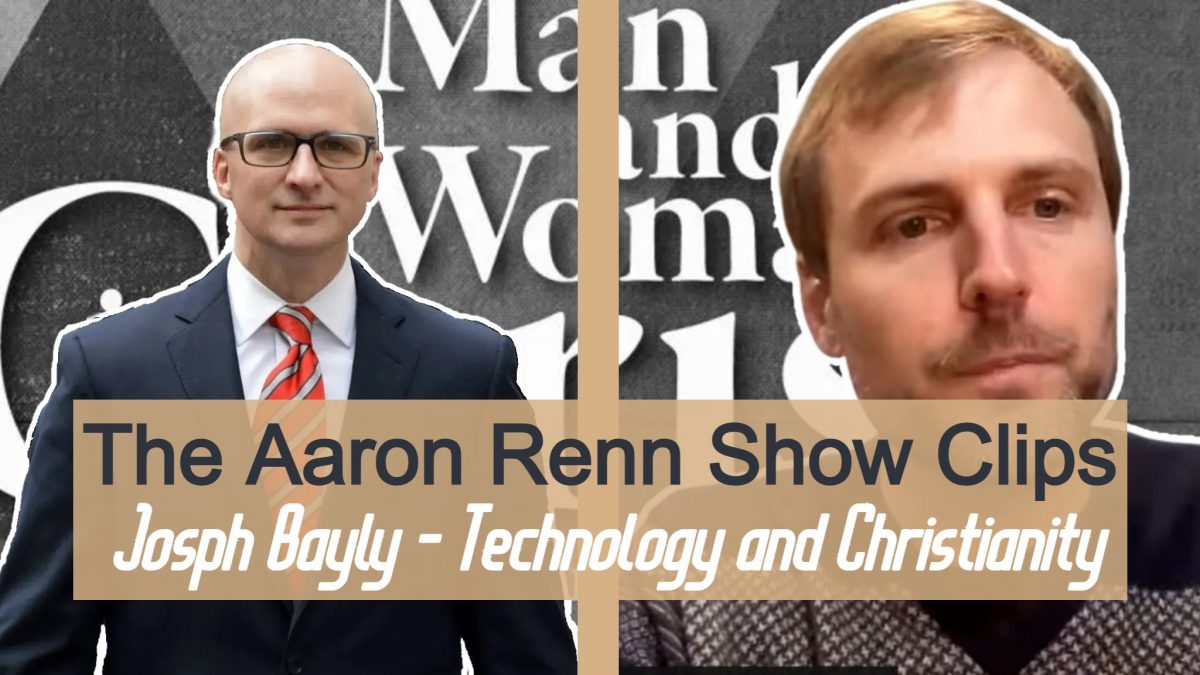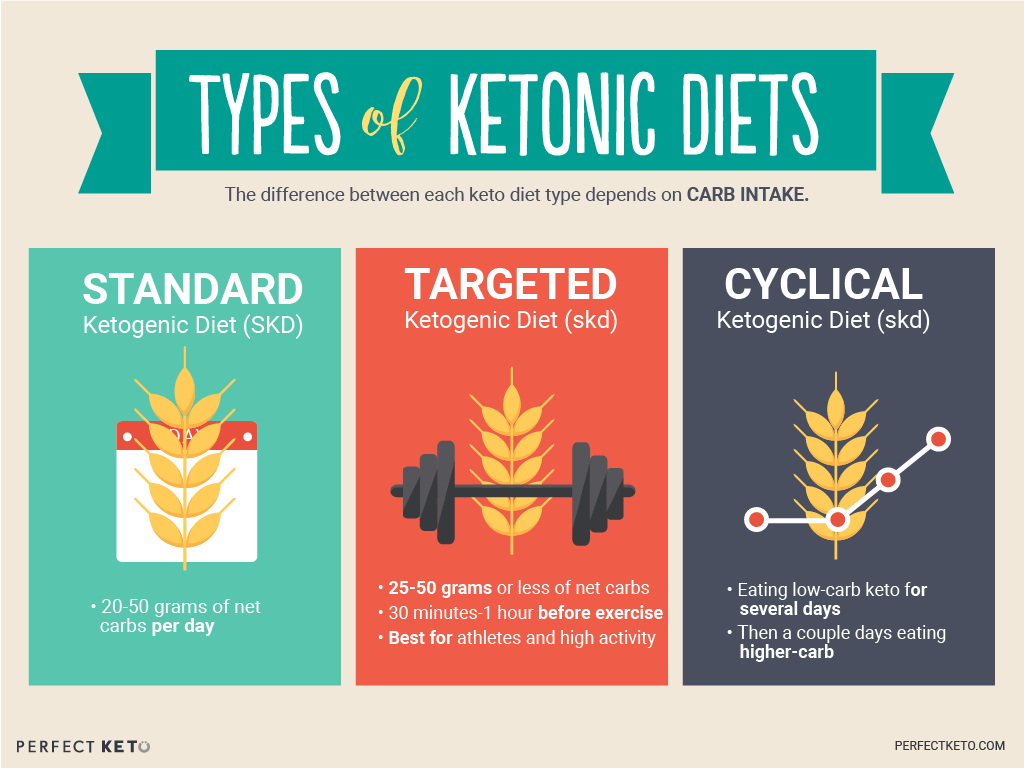This is an excerpt from The Masculinist Newsletter #4.
My first set of practical improvement tips help with building the social confidence necessary to meet women. This is valuable on multiple levels. On the one hand, women are attracted to confident men. On the other, you actually have to have enough confidence to approach a woman and start talking to her before you can even think about asking her out on a date.
Let’s be honest, this can be intimidating. Virtually all dudes have some level of anxiety and fear of rejection when approaching women. This is one of the riskiest things you can do from a self-worth perspective. Getting the door slammed in your face is hard enough when doing cold call sales. But at least then you can console yourself that it’s not personal. But with women, it’s very difficult to not see it as personal. After all, the product in question is you. Our brains are very good at spinning out disaster scenarios of being humiliated by rejection – especially if it’s someone in our social circle, such as a church, where we assume everyone will find out we got shot down in flames. No surprise, men too often exhibit the passivity and apathy that pastors are frustrated with. They aren’t confident enough to overcome their fear of rejection.
I can’t solve all your problems with this today, but I can share two techniques I personally used that helped me gain confidence with women.
The first will help you improve your eye contact. Good, strong eye contact is critical not just in meeting girls but in every relationship, so this one can really pay dividends.
I’m a very introverted guy who traditionally scored pretty high on the geek scale. I used to be a computer…










